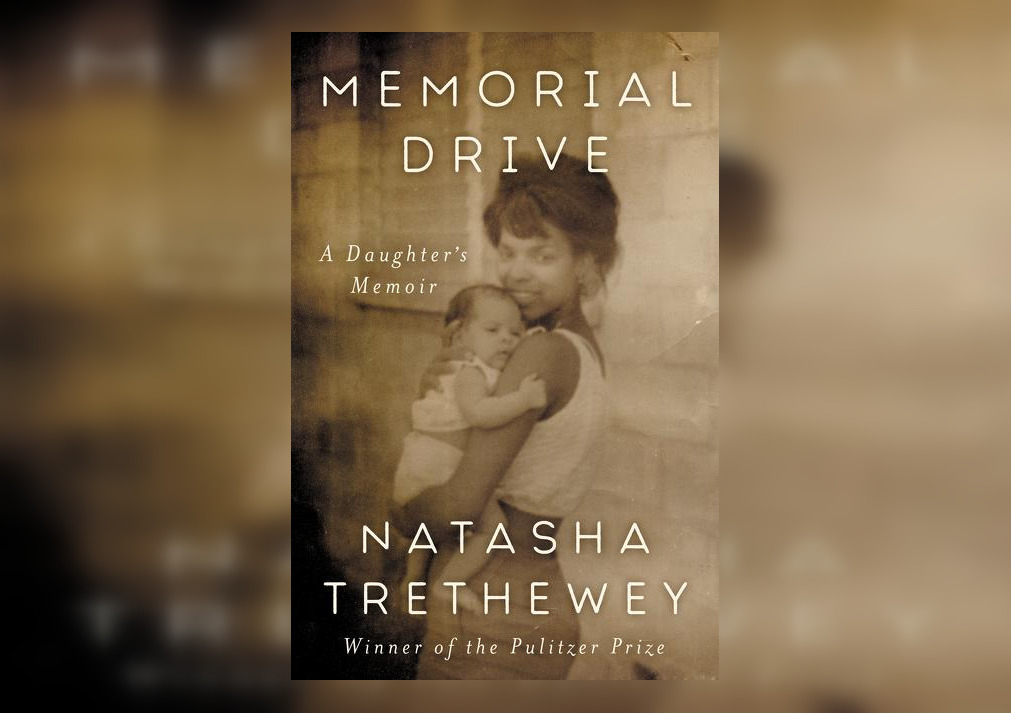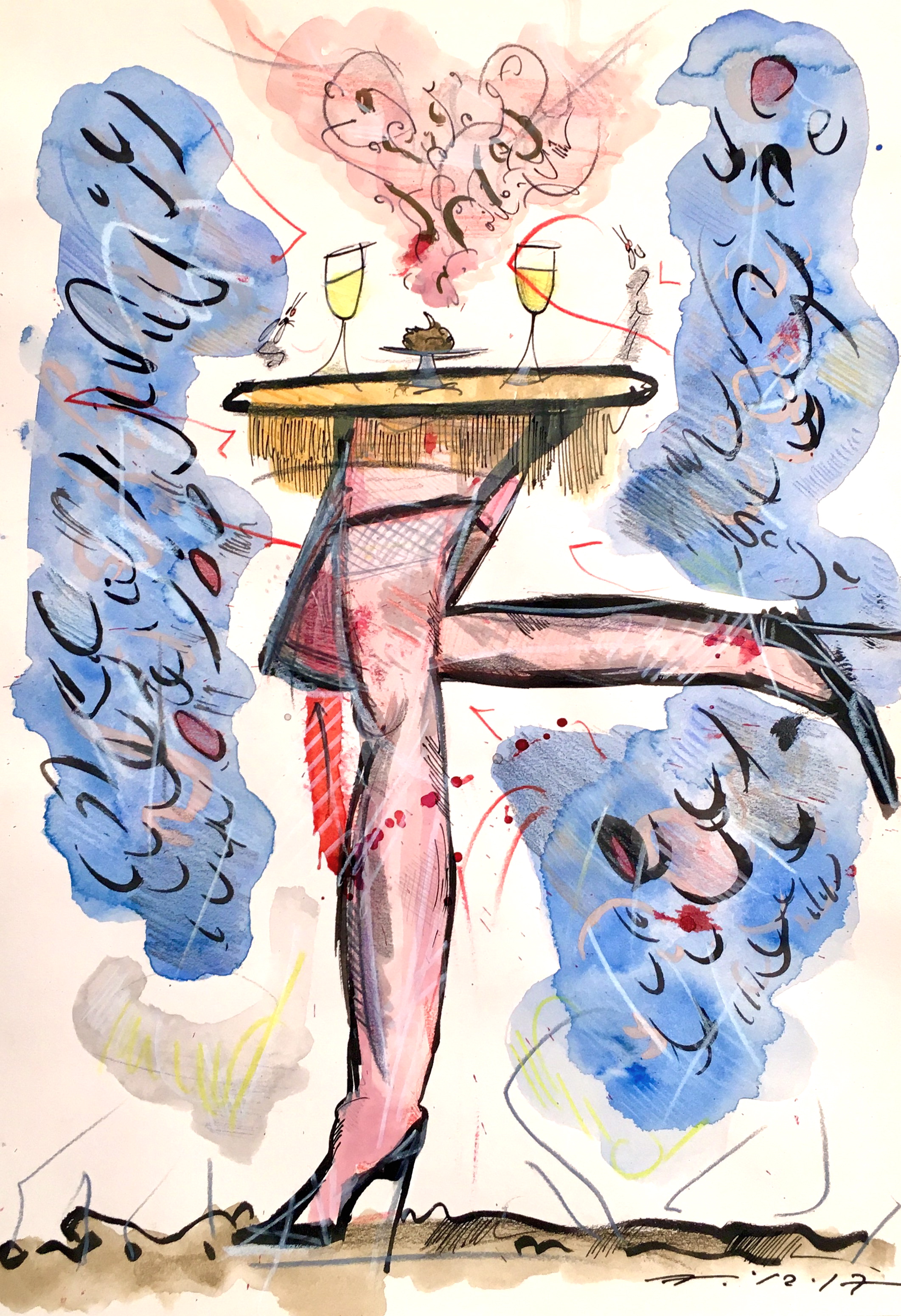“Burning Man and Wife”: Emily Witt’s Future Sex
By Henri Lipton
We are at a point in our culture where it is commonplace to peruse extensive collections of graphic and extravagant pornography, virtually seduce strangers, and chase nirvana in corporatized desert bacchanals, all with the casual interest and vague sense of detachment of choosing a meal. Our opportunities to find some kind of meaning in sex and intimacy, engendered by such possibilities, seem to be not only dizzying but proliferating. Still, though, as Emily Witt writes at the beginning of her extraordinary new book, Future Sex (Farrar, Straus & Giroux), we are trained to envision our “sexual experience eventually reaching a terminus, like a monorail gliding to a stop at Epcot Center.” Witt has in mind a specific kind of life for herself. “I would disembark,” she writes, and “find myself face-to-face with another human being, and there we would remain in our permanent station in life: the future.”
Future Sex is novelistic reportage, divided into nine sections. The beginning of the book finds Witt single, childless, and thirty years old. She has moved from New York to San Francisco in search of—well, something. By the end of the book, she has returned to New York, still searching. The book’s first and last sections, respectively titled “Expectations” and “Future Sex,” operate as improvisational bookends of sorts; the middle seven see Witt investigating, with varying personal involvement, practices and issues ranging from “Internet Dating” to “Birth Control and Reproduction.”
Witt shuttles effortlessly between the broad and the esoteric. The section titled “Orgasmic Meditation,” for instance, is exactly what it sounds like, and Witt’s examination of its development, and her participation in its culture—and yes, its sexual offerings—is by turns hilarious, then moving. This section touches upon issues that extend far beyond the walls of a New-Age masturbation studio: issues of self-perception, desire, and community—concerns that are, as Witt shows beautifully throughout the book, inextricably linked with sex. Here she is, while drinking green tea, describing what might lie beneath the impulse to digitally stimulate (as in, finger) a stranger, or a friend,:
There was an idea that greater gender equality had not brought equal sexual fulfillment, and most commonly held ideas about sex were still oriented toward masculine ideas about orgasm and desire. People felt sexually “liberated”—they were trying a wider range of things on a broader scale than perhaps at any other time in American history, and although sexual repression lingered, the problem was often not sexual repression. It was that the women who saw promise in pursuing sexual openness often found themselves battling their own feelings: trying to control attachment, pretending to enjoy something that hurt or annoyed them, defining sexiness by images they had seen rather than knowing what they wanted.
Witt establishes a distinct sense of trustworthiness while surveying our current landscape of sexual possibilities because she is both genuinely interested in exploring it and certifiably terrified by its methods; she remains wary of endless promises of adventure, pleasure, and fulfillment. She is also a marvelous stylist. Of Internet porn (the title and ostensible subject of another section), she writes:
The culture had an abstract idea, ‘porn,’ which for some people meant particular websites, search terms, and somatic memories but for others was only a vague menace that flickered obscurely in the dark.
She muses further, declaring wryly that “the pornography we have now is either the nadir of human civilization or it’s pushing the boundaries of human experience.” Here, Witt ironizes the strategies of polemic, adopting the polarizing and reductive lens through well-intentioned people issue their expressions of certitude. Witt knows that any kind of advancement, whether technical, spiritual, or purely theoretical, is subject to swift and firm adjudication, but she remains ever wary of this tendency, to great effect. In this section, Witt explores the ways in which porn has been claimed and abandoned (and then claimed again, and on and on) by feminism, a fascinating look into two sides of an argument, both of which seem noble and reasonable, depending on where one is standing.
In one bravura passage, Witt finds herself standing at an outdoor fetish porn shoot in San Francisco, watching with a mix of curiosity and bewilderment as a man zaps a young woman’s alacritous tongue with “a device that crepitate[s] electric charges.” There’s much to horrify in this scene, but, as Witt points out, there’s even more to confuse. Men stand by, encouraged to shout things like “worthless cunt!” at the performer. Later, though, one of these enthusiastic crowd members takes advantage of a lull in the action and yells, “You are beautiful and I’d take you to meet my mother!” Another says he’d like to take her out to lunch, yet another that she has “really pretty eyes.” Afterward, Witt speaks to the performer, Penny Pax, who has just been anally fisted by a dominatrix, the film’s director (soubriquet Princess Donna). “I’m a little dick drunk right now because it was just very nice,” says Pax. “When I do the [mainstream L.A. porn scenes] I usually don’t get to have an orgasm. Here, at Kink, they’re like, “You’re going to come.” In one of the book’s greatest similes, Witt muses that “for performers, making more extreme pornography was like being a writer’s writer, where the value of the work was most apparent to other people immersed in the same field, and the respect one earned was of a different, more meaningful order than mainstream acclaim.”
Watching porn left me more confident about my body. The “sexiness” used to sell clothes or toothpaste was very different from the sexiness that incited actual sex. Porn represented a wilderness beyond the gleaming edge of the corporate Internet and the matchstick bodies and glossy manes of network television. Porn had body hair, tattoos, assholes, bodily fluids, genitals, Mexican wrestling masks, birthday cake, ski goggles.
Witt’s perceptiveness makes her the perfect guide through this and other wildernesses; it also helps that she’s extremely funny. Tellingly, some of the funniest moments in the book arise from the details of her subjects. She quotes a theorist who “pictured a possible future of sex without thrusting. Instead, sex would be like ‘a stream that meets another stream.’” She attends the polyamorous wedding of a man named Oberon. A crowd member at the shoot described above compliments the male porn star’s boots.
Although she doesn’t really indulge in much shtick, she comes closest in these moments, when she flirts with the kind of detached posturing Joan Didion perfected, a method at once generous and biting, with its affected equilibrium and carefully constructed nonfictional characters. Like Didion, Witt, whose own sentences are often perfect, has a keen ear for the language of tribes (this book is as much about cultural niche as it is about sex). She uses her subjects’ rhetorical and idiomatic habits to reveal their anxieties, their aspirations, their pretensions, their motivations. In the section on Burning Man, Witt crafts a propulsive narrative that is funny, moving, and entertaining, even as it grapples with the meaning of a horde of techies doing molly and searching for meaning in the desert. These people, it must be noted, are on vacation from their jobs in San Francisco, itself a playground for grownups, full of Willy Wonka-esque corporate headquarters—resplendent in their urban chic—and so full of options that it seems impossible to go even a day without trying something new, whether it’s a new artisanal coffee roast or a round of Orgasmic Meditation with friends and co-workers. Witt knows this, and she adroitly captures the contradictory spirit that inheres when the former locus of the “Counter Culture” (as chronicled by Didion) becomes the bastion of the tech world:
Many of these people would go back to their lives and back to work on the great farces of our age. They wouldn’t argue for the decriminalization of the drugs they had used; they wouldn’t want anyone to know about their time in the orgy dome. That they had cheered at the funeral pyre of a Facebook “like” wouldn’t play well on Tuesday in the cafeteria at Facebook [Headquarters].
She nevertheless understands the craving, and notes, “The $400 ticket price was as much about the right to leave what happened at Burning Man behind as it was to enter in the first place.”
Witt generally avoids glibness and the kind of clumsy signaling so many writers employ to prove that they are in on the joke. That kind of writing leaves shibboleths strewn smugly in its wake, and Witt’s is not that kind of writing. In fact, one of Witt’s shrewdest strategies is her self-presentation of someone who is often not in on the joke, whatever it might be. Nowhere is this clearer than when she writes with poignant uncertainty, in a section drily titled “Birth Control and Reproduction”:
Are we choosing? My friends who have frozen their eggs do not feel like they have chosen—they want to have babies. My friends who want to get pregnant but whose bodies will not cooperate do not feel like they have chosen. When we were young and in our twenties and on birth control were we really making a choice not to start a family? It never felt like that. It felt more like a family had not chosen us.
She also applies a sociological lens to the eponymous issues by movingly tackling the psychological and physical consequences of taking birth control and the popular expectation of women to shoulder the staggering burden of contraception and “family planning,” with all of the side effects and career- and life-related stresses that entails. (A recent study of a hormonal injection-based contraceptive for men, quickly abandoned because of its “intolerable” side effects—nearly identical to those of the pill—is a perfect illustration of this imbalance.) Witt keeps returning to the paradigms of motherhood and womanhood, those pressures—both internal and external—to either raise a family with a white picket fence, or stand firm and proud in one’s aloneness. She implies a desperate question: Is there nothing in between?
The irony is that, with this book, Witt has shown us how variegated the options between those two poles can be. Crucially, she resists the impulse to paint the practices of our times as distortions of normal human behavior, somehow inimical to the kind of monogamy that may have never actually existed in the first place. Sexuality is complicated and protean; it should be treated as such. So, too, should love. Weird and seemingly alien developments, considerations, definitions, and shifting normative standards have been routine since the inception of our species; there’s no way around it. As Witt writes, “a futuristic sex was not going to be a new kind of historically unrecognizable sex, just a different way of talking about it.” Her investigations into the trends and practices governing not only sexual exploration and romance, but also broader questions of how to think and talk about oneself in a thronging, multitudinous landscape full of change and opportunity, reveal a predicament in which relief from traditional inhibitions often feels crushing rather than liberating. Such is the cost of living in a world teeming with desires and shames, ambitions and worries, Witt suggests. Such is the cost of freedom.
Future Sex isn’t a panoramic view of sex as it is practiced and understood today, and it does not purport to be. Witt paints a vibrant and pluralistic portrait of young professionals in their search for meaning, and their explorations of dissolving boundaries between sex and lifestyle, exploration and commitment. It is, I think, an outstanding portrait of the generation of which she sees herself to be a part. At no point in Future Sex does the reader forget that Witt and her subjects are all stretching out to one another for something—whether it’s a hand job or a shoulder to cry on, a dose of MDMA or a soul mate. We look to the future because we believe things might be better there, but along the way we negotiate the present with one another—messily, tragically, hopefully—and look for ways to prepare ourselves for a life that, even as we ourselves instantiate it, remains just out of reach.
Henri Lipton is a first year MFA student in Fiction at Columbia. His first story in print appeared this year in Zyzzyva. He writes about books for the Columbia Journal website.




